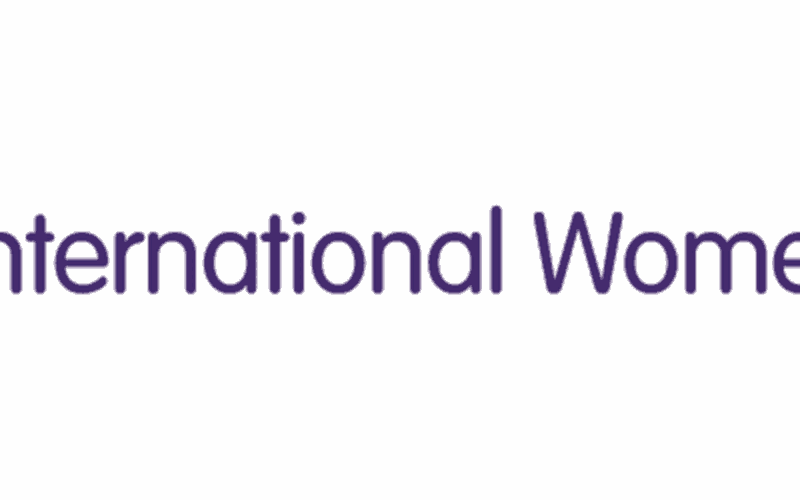Over the past year, TELL has been trying to make a noise about many issues and battling to fight the stigmas surrounding seeking help. Those stigmas are still firmly in place, but we will not give up.
Today, as part of a series of events to recognise International Women’s Day, TELL is launching new pages on our website, (TELL), to offer support and connections to resources for survivors of rape and sexual assault; those in abusive relationships and for those seeking pregnancy options support in Japan.
The World Health Organisation statistics state that 1 in 3 women will experience physical and/or sexual violence by a partner or sexual violence by a non-partner. The legal definition of rape is extremely narrow in Japan and the barriers to reporting the crime high. For those that do make that report, the percentage of cases that end in conviction is minimal. In 2012, the Justice Ministry estimated that over the previous five-year period, only 18.5% of sexual assaults were reported to the police. Of the cases that were reported, charges were dropped by prosecutors more than 50% of the time.
2016 saw a Justice Ministry advisory panel recommend that legislation around sex crimes should be revised; with proposed changes including giving prosecutors the ability to indict a suspect, even where a complaint has not been filed; increasing minimum sentences; and also legally recognising the fact that males can experience rape.
While changes in legislation are vital, changes in attitudes are also necessary. Questioning the survivor of an assault about their sexual history, the clothing they were wearing, their relationship to the accused, whether they had been drinking etc. is indicative of a victim blaming culture. There is a more general failure in recognising that rape and sexual assault are crimes of power and control, not about sex or sexual attraction. A lack of coherence in the system and sensitivity when dealing with survivors of these crimes, requiring them to return to the scene of the assault and reenact what happened, for example, leads to secondary traumatisation.
There are far reaching implications from these crimes, including mental health disorders. Women who have experienced sexual assault are twice as likely to experience depression and almost twice as likely to have alcohol use disorders. Many survivors will experience ongoing consequences as a result of the crime, which can include PTSD and an increased risk of suicide.
Domestic violence is another area where legal and socioeconomic revisions are necessary. Official statistics for 2015 showed that 1 in 4 Japanese women experienced abuse at the hands of their spouses, and that deaths of women in abusive situations are continuing to rise: police data reports that one fatality due to domestic violence occurs every three days in Japan. Non-Japanese nationals married to a Japanese spouse in an abusive relationship can face huge barriers to leaving the relationship: financially; legally; psychologically and physically. Where connections and support can still be hard to find, particularly in languages other than Japanese, the situation can feel insurmountable, which again can lead to a range of complications, including loss of productivity and mental health effects, such as PTSD.
In other areas, while Japan is a signatory to the United Nations convention on Transnational Crime, it is the only developed country not yet to have ratified this protocol. The failure to take this step means that Japan has failed to meet the minimum standards for elimination of human trafficking for 16 consecutive years. Human trafficking offences and forced appearance in pornography are issues that are receiving increased societal awareness in the media, but without specific laws in place to address these issues, victims can be left exposed to these offences with little recourse if they do want to take action.
However, some positive changes have occurred. The introduction of one stop assistance centres for survivors of sexual assault in all 47 prefectures in Japan is a great start to reducing the stigma and barriers to accessing help and support. Inspiring Japanese women are founding and leading organisations such as Lighthouse Japan, (working to eliminate human and sexual trafficking in Japan) and Resilience, (provides workshops and support surrounding the trauma both domestic violence and sexual abuse can cause).
The theme for International Women’s Day 2017 is #BeBoldforChange. TELL is continuing to highlight these issues and campaign for change. Join with us to make a difference, together change is possible.
https://telljp.wpengine.com/more/resources/sexual-harassment/
https://telljp.wpengine.com/more/resources/pregnancy-options/
https://telljp.wpengine.com/more/resources/domestic-violence-2/

